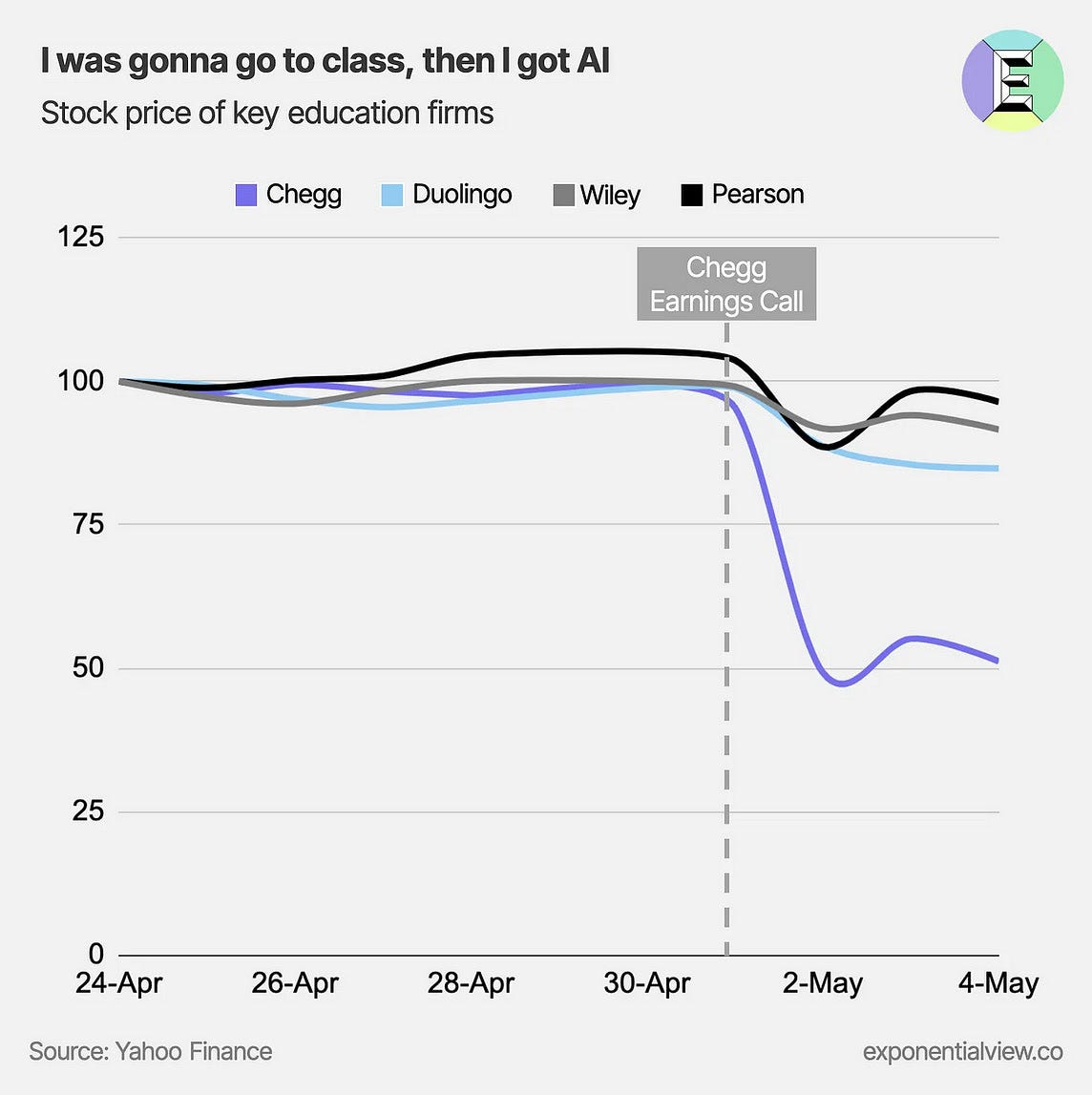Building Education Solutions
Education in the Age of AI
With all new inventions, there are new opportunities for growth while other opportunities are reduced.
In the early portion of the launch of AI, I see dramatic positive and negative forces with the launch of AI. Like anything, the simple and easy route will come at a cost much like the industrial revolution.
Generations of land-based families were able to move to cities and across the ocean for more economic and financial freedom. The families who took these risks faced hardship and economic growth, and the cities grew.
What will be the effect of this massive change in knowledge management and learning?
Will students ask more questions and ponder ideas like great philosophers of antiquity or will they use their free time for leisure?
Before AI arrived, here are just a few statistics from Pro Literacy.
In the US, 79% of US adults are literate 21% of them are illiterate, as of data from the World Population data on Literacy Statistics.
There are more than 43 million adults in the US who can not read or write above a third-grade level.
According to ProLiteracy, Children of adults with low literacy skills are more likely to have a low reading level in school by 72%.
Adults with literacy below the 6th grade are 54%.
California is the state with the lowest adult literacy rate in 2023.
The lowest child literacy rate was in the state of New Mexico.
Will illiterate Americans be able to use AI to learn to read?
Is AI a solution for well-read people of the world?
How will we use to tool to raise all ships in the harbor?
Will online classes provide solutions to make it possible for people to find organized information?
Already, I see that AI is causing the cost of online education systems to be reduced (per the graph above).
It makes sense, doesn’t it? It costs a lot to buy quality textbooks for students to learn. If Google Homework and AI can teach, does it mean that Americans and people of the world will gain knowledge or the ability to find JIT just-in-time information?
As information continues to expand exceptionally with computers and learning, maybe AI will be a great savior to mankind so that we can organize our learning without libraries and proprietary systems.
But will this cause us to be smarter and more enlightened?
I would like to create solutions for learning.
As a tutor, I find that much of what I do is repeating some information over and over and over again. Some research that I’ve done suggested gamification is helpful.
Gamification has been used by my students for tests and homework studying. They need to memorize long lists of information for a test. Is that really learning?
The SAT is no longer required for many university and college undergraduate programs. Many news articles have deemed the test unfair. Is it a valuable bell weather tool for learning?
I’m not a fan of high-stakes testing but they tell you how students are learning and what they have issues with. Critical thinking and logic with new material is one of the most challenging topics.
If students in elementary, middle, and high school are using AI as a tool, are they thinking more or less? Does AI do the heavy lifting so that they are able to reason and discover?
As I read Reddit SAT posts, it makes me incredibly sad when students cry foul play when they don’t know what a prepositional phrase is or an imaginary number. In fairness to them and their schools, are they able to google search these topics and read about them or watch a video on YouTube about it now? I’m sure they are able to do this. So why isn’t this an option in their mind? AI should make the learning process even easier than it currently is, but the horse must be thirsty to drink at the trough.
Thirsty Horses





